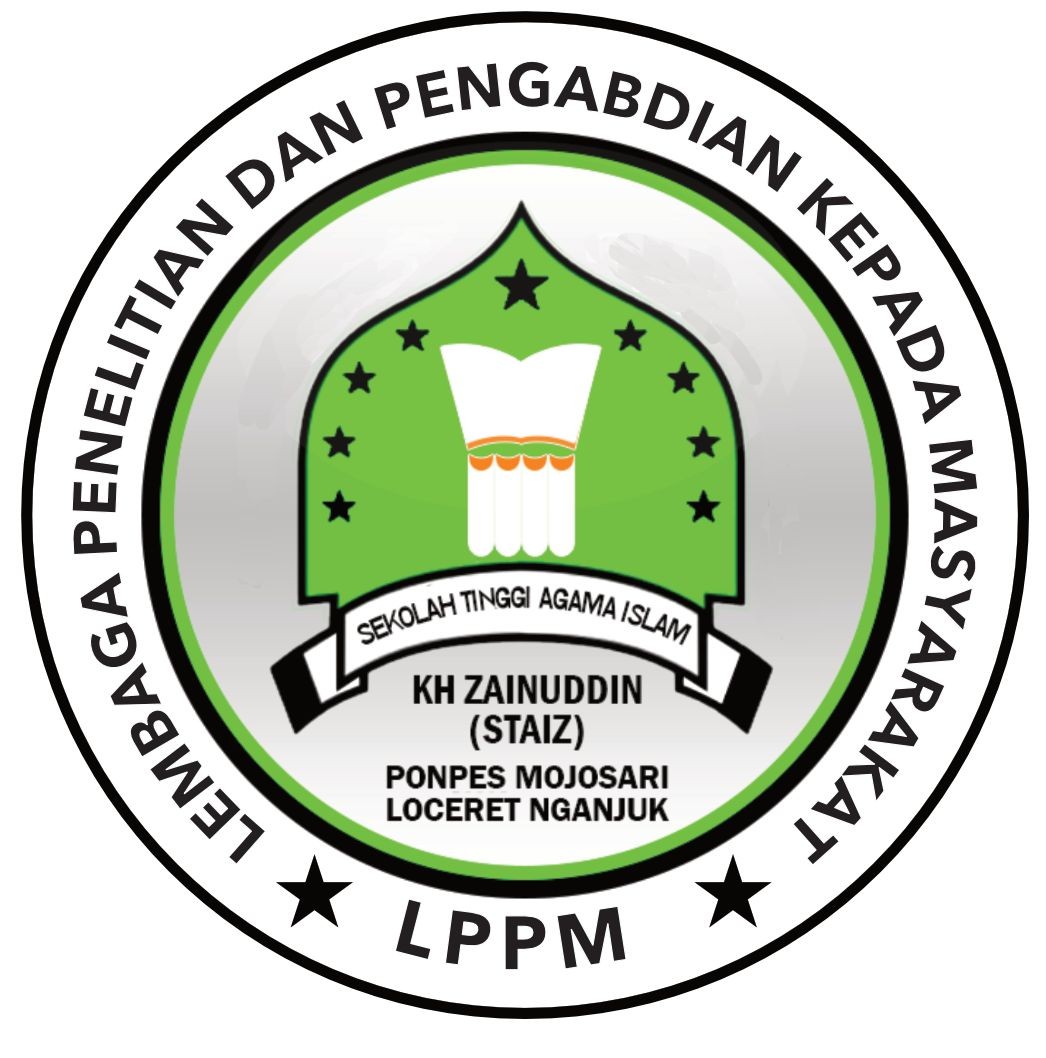The Impact of Extensive Reading of Novels on Students' English Vocabulary Acquisition
DOI:
https://doi.org/10.71417/ije.v1i3.215Keywords:
Extensive Reading, Vocabulary Acquisition, Language Proficiency, EFL, MotivationAbstract
This study examines the impact of extensive novel reading on vocabulary acquisition among students learning English as a foreign language (EFL). Extensive reading involves reading large amounts of material for pleasure and general comprehension, fostering a positive attitude toward reading and language learning. This method enables learners to engage with texts that interest them, promoting vocabulary growth. The study synthesizes findings from recent research, revealing that students engaging in extensive reading show significant vocabulary gains compared to those who do not. A semester-long program with EFL students allowed participants to select novels based on personal interest, with pre-and post-program assessments measuring vocabulary acquisition. Results showed a 30% average increase in vocabulary size, with students reporting improved confidence in using new words. Challenging texts led to greater vocabulary gains, while qualitative feedback highlighted increased motivation and engagement through enjoyable reading experiences. Students noted that encountering new words in context and discussing novels with peers enhanced comprehension and retention. These findings emphasize the importance of incorporating extensive reading into EFL curricula to enhance vocabulary acquisition and language proficiency. Future research should investigate long-term effects, retention, and the role of different genres in vocabulary development.
Downloads
References
Alharbi, M. (2020). The impact of extensive reading on vocabulary acquisition: A meta-analysis. Journal of Language Teaching and Research, 11(3), 456-467.
Chen, C. (2021). The impact of digital extensive reading on vocabulary acquisition among EFL learners. International Journal of Educational Technology in Higher Education, 18(1), 1-15.
Day, R. R., & Bamford, J. (2019). Extensive reading in the second language classroom: A review of recent research. Language Teaching Research, 23(4), 455-474.
Grabe, W., & Stoller, F. L. (2021). Teaching and researching reading: New perspectives. Routledge.
Hsu, C. (2021). The role of peer discussions in vocabulary acquisition through extensive reading. International Journal of Applied Linguistics, 31(2), 123-140.
Hwang, Y. (2022). The effects of extensive reading on vocabulary retention and reading comprehension. Journal of Language and Linguistic Studies, 18(1), 45-60.
Krashen, S. D. (2019). The power of reading: Insights from the research. Libraries Unlimited.
Liu, M., & Zhang, Y. (2022). Exploring the relationship between extensive reading and vocabulary development in EFL contexts. Asian-Pacific Journal of Second and Foreign Language Education, 7(1), 1-20
McQuillan, J. (2020). The role of extensive reading in language learning: A review of the literature. Reading in a Foreign Language, 32(1), 1-18.
Nation, I. S. P. (2020). Vocabulary acquisition in a second language: A comprehensive approach. Cambridge University Press.
Renandya, W. A., & Jacobs, G. M. (2021). Extensive reading: Why and how? TEFLIN Journal, 32(1), 1-16.
Taguchi, E., Takayasu-Maass, M., & Gorsuch, G. J. (2020). Input and output in second language acquisition: A review of the literature. Language Teaching Research, 24(3), 345-367.
Vansteenkiste, M., Niemann, L., De Witte, H., & Lens, W. (2020). On the relations among the three types of motivation: Intrinsic, extrinsic, and amotivation. Journal of Personality, 88(1), 1-20.
Waring, R., & Nation, I. S. P. (2021). Vocabulary size, text coverage, and word lists: A new perspective. Reading in a Foreign Language, 33(1), 1-20.
Zahar, R., Cobb, T., & Spada, N. (2021). Acquiring vocabulary through reading: The relationship between the amount of reading and vocabulary acquisition. Language Learning, 71(2), 1-25.
Downloads
Additional Files
Published
Issue
Section
License
Copyright (c) 2025 Meira Sintia Elvriza, Ivan Achmad Nurcholis (Author)

This work is licensed under a Creative Commons Attribution-ShareAlike 4.0 International License.














